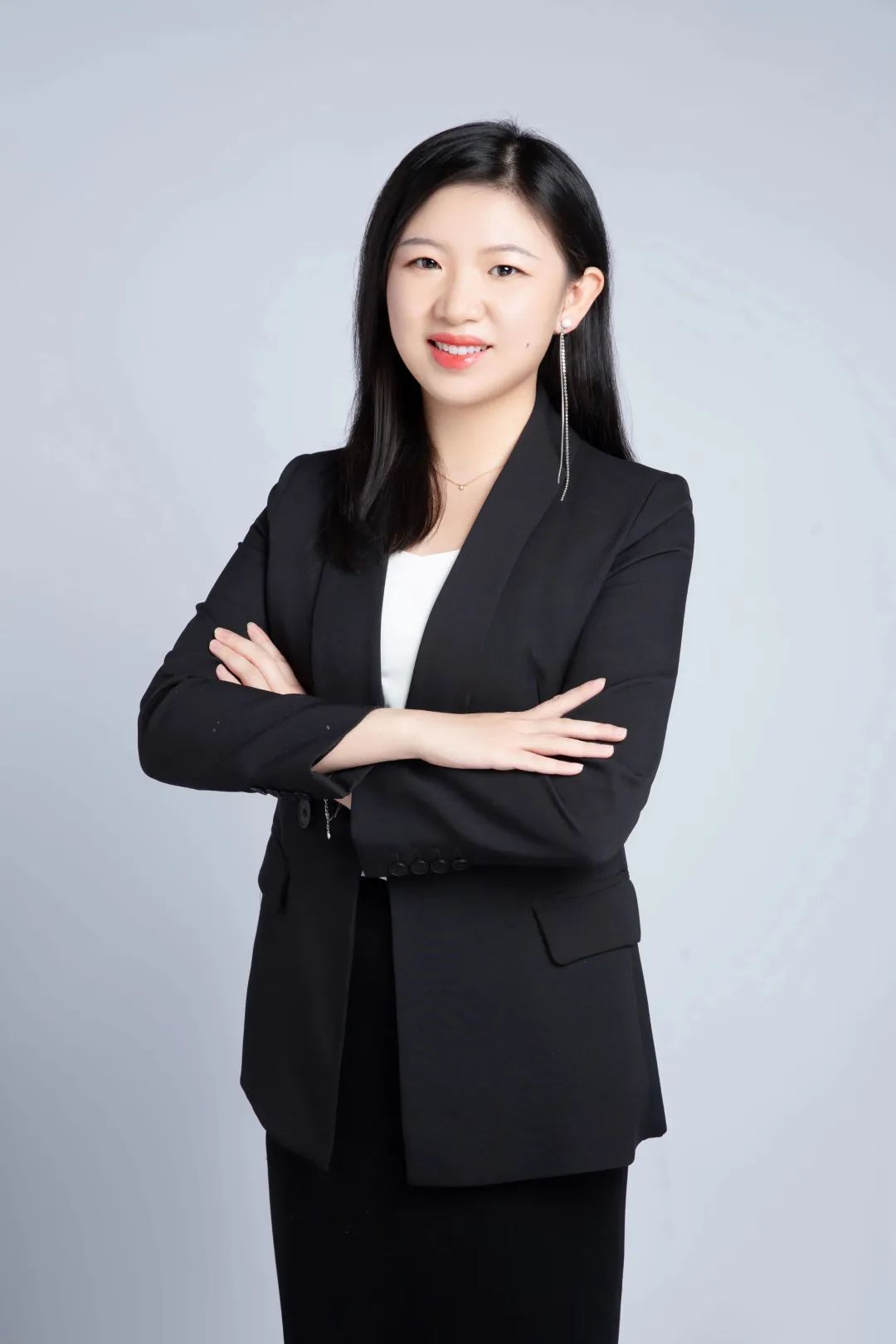ALB专访华商合伙人刘文卓律师:永不止步的国际化特色中国律师
2023 ALB China 区域市场排名:
华南地区律师新星
刘文卓
华商律师事务所合伙人
liuwenzhuo@huashang.cn
华商律师事务所合伙人刘文卓律师有着丰富的学术和从业背景:在取得中国律师执业证后,前往美国攻读了法学硕士和法律博士学位,随后在纽约律所执业多年。回国后,她在深交所博士后工作站从事资本市场法规、政策研究工作,目前已成为涉外争议解决、跨境投融资业务领域的佼佼者。
基于丰富的经历,刘律师始终追随内心对法律工作的热爱,致力于成为具有国际化特色的中国律师、不断攀登新的高峰。
Q
ALB:在美国学习并执业,在此丰富的经历背后,您有怎样的想法和收获?
刘文卓律师,华商律师事务所合伙人:我2011年赴美留学,取得法律博士学位和纽约州执业证,在美国学习和工作了8年。促使我出国学习的动因是在国内学习时,中国企业遇到很多WTO、双反的争议,我意识到中国律师处理境外争议时,需要更多了解英美法系,因此决定出国学习。在美国学习法律时,我意识到经验技巧积累是一个长期过程,而非一蹴而就。在美国法学院的四年里,我阅读了大量判例,从美国法院裁决中学习到了社会知识和哲理、体会到美国大法官在法条和纷繁复杂的现实生活中如何实现正义和平衡。这让我从生硬的条文中跳脱出来,不再仅从法条来看待问题。毕业后,我在曼哈顿两家律所工作,律所的同事都是各自领域顶尖的律师,我在他们身上学到很多优秀的品质与专业技能,他们的行事风格至今影响着我。我觉得中国涉外律师需要学习和掌握整个英美法律体系和执业技能,才能更好地与欧美律师同台竞技。
回国后,我在深交所从事博士后研究,包括中美股票注册制对比研究、中小企业融资制度及资本市场改革等课题,这对我从国际视角了解中国企业在境内外资本市场遇到的问题带来了极大帮助。目前,我在涉外案件处理中也常要和欧美律师、和上市公司打交道,我们还在不断学习中。
Q
ALB:您有境外执业资格和丰富的涉外工作经验,能否分享一些工作心得和技巧?
刘律师:中国企业国际化进程中,涉外法律需求重心也在不断更迭,过去可能是“双反”,现在则越来越多涉及知识产权、商事争议以及涉美出口管制。当然,上市公司境外子公司的融资、公司治理、劳动用工、与境外经销代理合作等合规需求一直存在并逐步增长的。我们处理涉外案件时,会充分了解客户的诉求,并围绕客户的目标“因地制宜”地解决问题,必要时引入当地律师,提供最优解。例如我和团队接手国内一家新能源企业在英国面临被诉,该诉讼影响客户全球经销商与客户合作问题,我们预测案件耗时长、成本高,并非最优解决方案。因此,我们迅速进行法律研究,找出对方漏洞,并提出建议客户与对方商谈和解的方案,最终在短期内达成和解,为客户止损,达到满意效果。我们认为涉外法律服务没有国界,但涉外律师有国界,需要中国律师在国际舞台发挥更大作用。当前,华商所作为华南区域大所国际化进程加快,纽约分所亦在设立中,我和团队一直致力于为客户海外经营控制风险、创造价值。
Q
ALB:作为非常年轻的合伙人,您有怎样的感悟和建议可以和青年律师们分享?
刘律师:法律是一个需要持续学习的行业,首先需要热爱自己做的事情,除了热爱我们还要有克服困难、持之以恒的精神。在美国法学院学习时我就遇到了不少困难,包括英文写作。为了尽快提升英文写作能力,我主动帮法学院教授Michael Rustad校对文稿,一开始比较艰难,但后来教授对我的成果也越来越满意,并提出和我一起合写了《中美社交网络格式合同之冲突》,后来发表在宾夕法尼亚大学国际法期刊,此后我写的《软件授权》又发表在Lexis/Nexis 丛书中。
我觉得青年应持续寻找、去想清楚自己要成为什么样的人,我们在寻找中的每一步和克服的困难都不会浪费,都会成为通往未来的铺垫。

Interview with Liu Wenzhuo, Partner of China Commercial Law Firm:
Never-ending pursuit to be a Chinese lawyer with a global vision
Liu Wenzhuo, Partner of China Commercial Law Firm, has a rich academic background and professional experience. After obtaining her lawyer’s practicing qualification in China, Liu went to the United States to study for a Master of law degree and Juris Doctor degree, and subsequently received her New York bar license and worked in New York for many years. Upon returning to China, she worked at the postdoctoral station of the Shenzhen Stock Exchange to research on capital market regulations and policies. She is an expert in cross-border dispute resolution as well as cross-border investment and financing.
Liu has always followed her passion for law. She is an accomplished Chinese lawyer with a global vision and is committed to reaching new heights.
Q
ALB: How do you view your extensive experience of studying and working? What are your biggest gains?
Liu Wenzhuo, Partner of China Commercial Law Firm: I went to the US in 2011 and then obtained a JD degree and New York license. I spent eight years studying and working in the US. What triggered me to go abroad and study was that when I studied in China, local enterprises encountered many WTO and anti-dumping disputes. I realized that Chinese lawyers need to know more about the common law system when dealing with overseas disputes. While studying law in the US, I realized that experience and skills need to be gained over longtime learning and practice. While studying at law school in the US, I have read plenty of precedents written by justices. I gained social knowledge and philosophy, and observed how the justices are to achieve justice and balance between the statutes and real life. This enabled me to jump out of the box of purely looking at rigid legal provisions to no longer look at issues purely based on the words. After graduation, I worked at two firms in Manhattan with lawyers who were at the top of their fields. I learned professional skills and ethics from them, and their working styles influence me till today. I think Chinese lawyers need to understand common law system and practicing skills to better compete with western lawyers.
After returning to China, I worked at Shenzhen Stock Exchange post-doctoral station. My research topics such as the stock market registration system between China and the US, financing system for small and medium-sized enterprises, as well as capital market reforms, greatly enabled me in understanding Chinese companies’ issues from an international perspective. Currently, during my daily practice, I constantly work with foreign lawyers and public companies, I am still learning.
Q
ALB: You are qualified to practice law overseas and have rich experience in cross-border work. Could you share some experience and skills?
Liu: With the globalization of Chinese enterprises, the legal needs are constantly evolving. In the past, it may be "double-anti" investigations, but now there are more intellectual property and commercial disputes, as well as US export control. Besides this, the compliance needs of public companies’ overseas subsidiaries, such as financing, corporate governance, labor and employment, and overseas distribution, have always existed and gradually increased. When dealing with cross-border cases, we need to fully understand the demands of clients and solve the problems according to local conditions. When necessary, we will bring in local lawyers to provide the best solution. For example, my team and I represented a Chinese renewable energy company, which faced a lawsuit in the UK. The case would affect whether the client's global distributors will continue to cooperate. We predicted that the case would drag on for long, resulting in high costs which is not the best solution. We quickly carried out legal research to find out the loopholes of the other party. Once confirmed, we suggested the client to negotiate on settlement, and reached one in a short period of time, stopping the loss for the client and achieving satisfactory results. We think foreign legal services have no national boundaries, but foreign-related lawyers do. Currently, Huashang, as a big law firm in south China, has fastened globalization and is setting up its New York office. I and my team are committed to creating value and controlling risks for Chinese clients’ overseas operations.
Q
ALB: As a very young partner, what insights and advice could you share with young lawyers?
Liu: Legal practice requires continuous learning. First, you need to have passion for what you are doing. Besides, it also requires a spirit of perseverance to overcome difficulties. When I first entered US law school, I also faced difficulties, such as legal writing. To quickly improve my legal writing skills, I took the initiative to volunteer and help law school professor Michael Rustad proofread his manuscripts. It was difficult at the beginning, but later, as the professor gradually became confident with my writing, he proposed to co-write with me an article and was later finally published in the Journal of International Law of University of Pennsylvania, titled “Destined to collide? Social Media Contracts in the US and China”. Later on, I wrote “Localizing Your Software Licensing in China” and was published by Lexis/Nexis in “Software Licensing” book.
I think young people should continue to search and pursue inside what kind of person we want to be. Every step we take in our search will not be wasted. Instead, it will lay the foundation for our future.



 列表
列表


